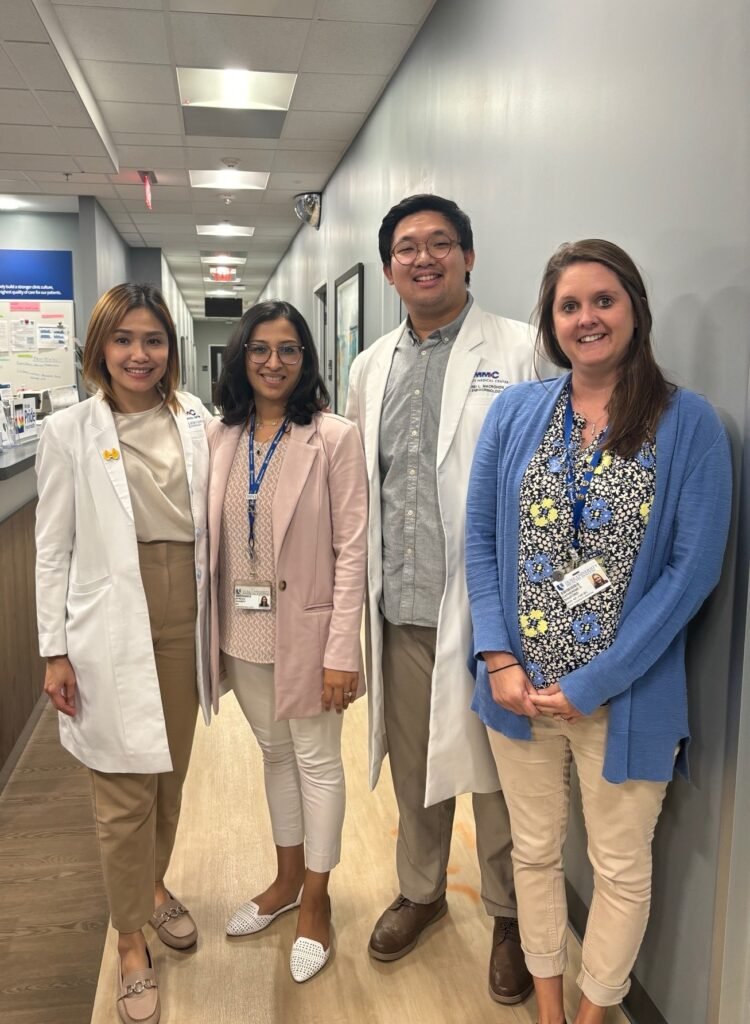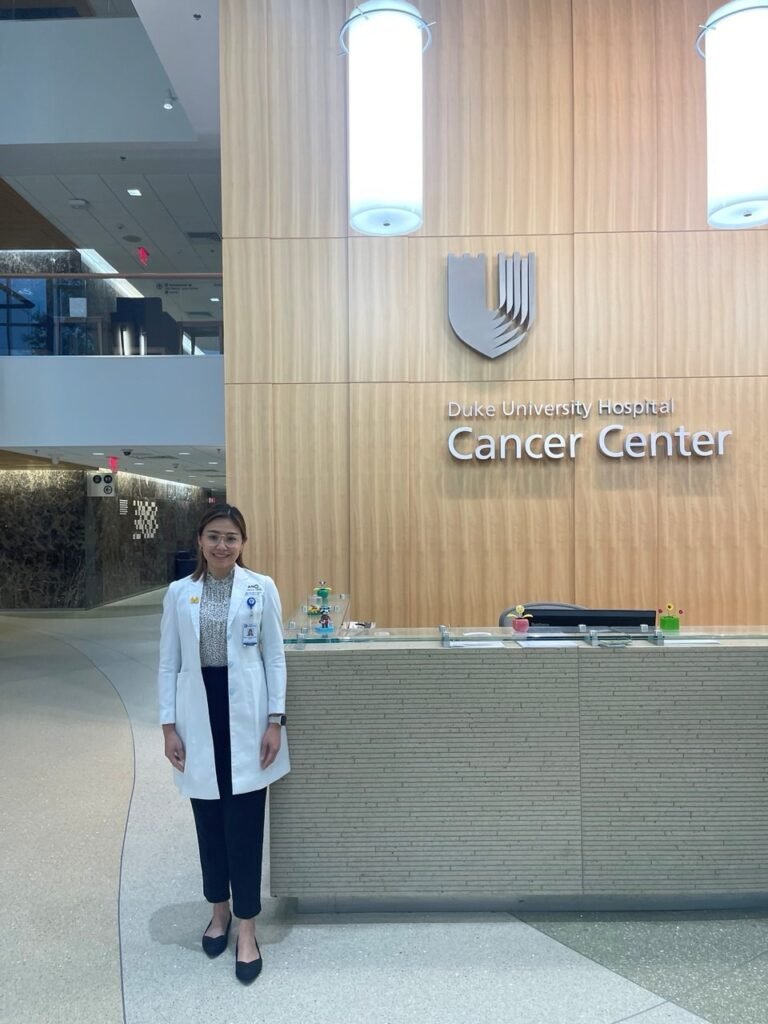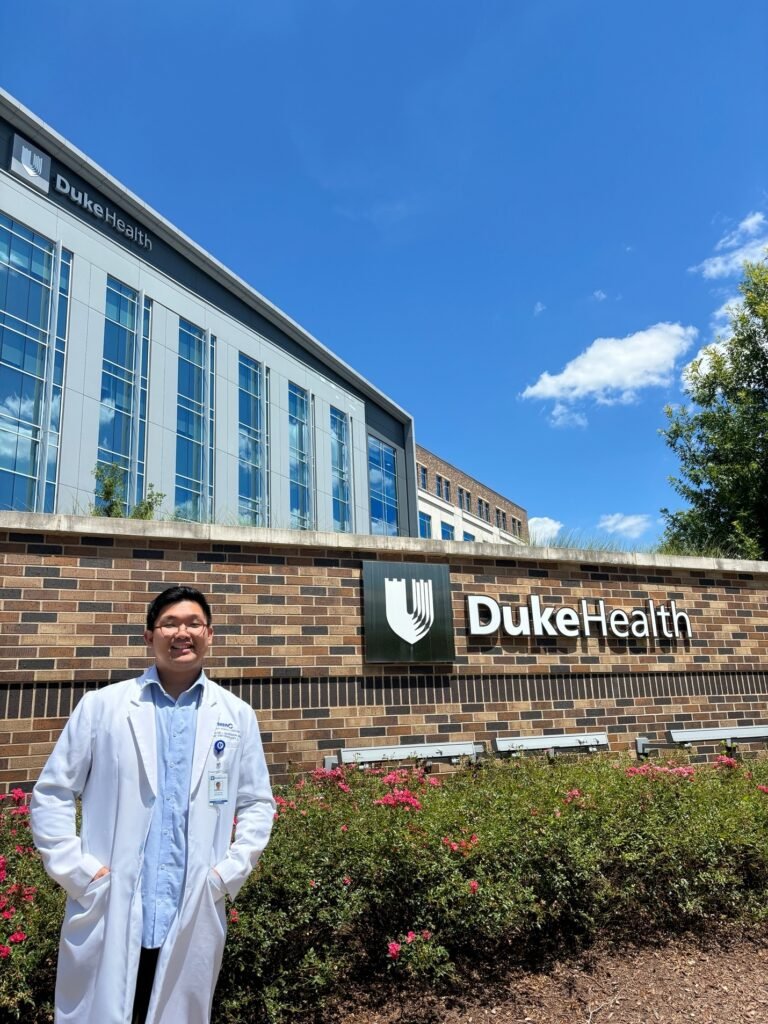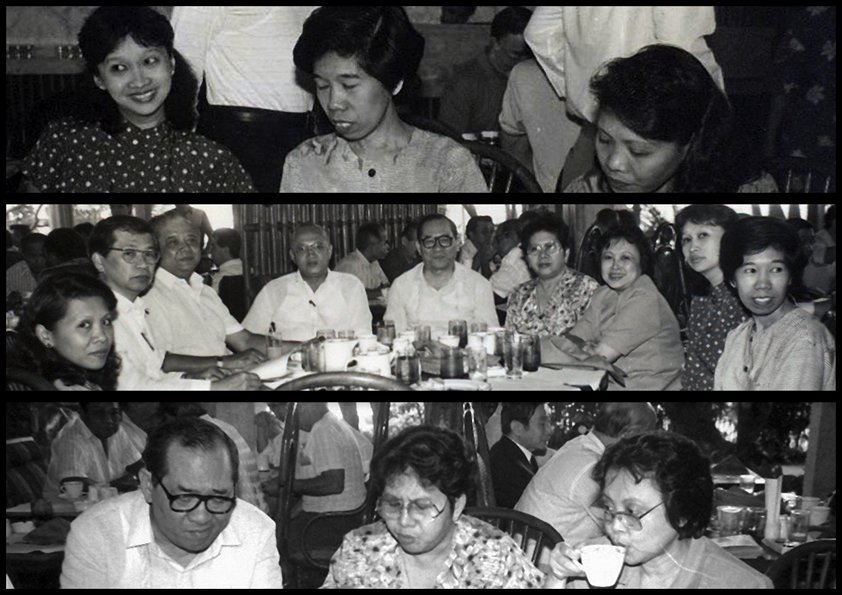Written by: Calvin Rei L. Macrohon, MD, FPCP, DPCEDM & Mary Lourdes V. David, MD, FPCP, DPCEDM

As cancer care continues to evolve, immune checkpoint inhibitors (ICIs) have become increasingly vital in cancer therapy worldwide. Alongside their growing use, recognition of their endocrine-related adverse effects has also expanded. Globally, ICI-induced endocrinopathies—particularly thyroid dysfunction, hypophysitis, adrenal insufficiency, and insulin-dependent diabetes—are reported in up to 30% of patients, especially among those receiving combination immunotherapy regimens. However, in the Philippine setting, local data remain scarce. These disparities highlight the urgent need for increased awareness, routine endocrine monitoring, and more robust research to guide clinicians navigating the evolving landscape of immunotherapy.
With this in mind, we sought to gain firsthand experience in this emerging field. We were fortunate to complete a three-month clinical observership under the Duke University Oncoendocrinology Program, led by Dr. Afreen Shariff—one of the foremost experts in the field. This invaluable opportunity allowed us to witness the critical role endocrinologists play in managing the ripple effects of cancer immunotherapy.
Dr. Shariff’s pioneering work in managing ICI-induced endocrinopathies has greatly influenced how we now approach thyroiditis, hypophysitis, adrenalitis, and ICI-related diabetes in cancer patients. One of the most impactful lessons we learned from her was the mindset she imparts to patients: to thrive—not merely survive—through cancer.
A passionate advocate for holistic, patient-centered care, Dr. Shariff is committed to delivering not only high-quality but also compassionate support for cancer warriors. Through the Duke Oncoendocrinology Program, we saw the breadth of initiatives she has championed, including the Duke Endo-Oncology Telehealth platform and the Cancer Therapy Toxicity Program—both aimed at enhancing care delivery for patients experiencing endocrine complications from cancer therapies. Our observership provided us not only with clinical exposure to immune-related endocrine disorders but also with deeply meaningful interactions with cancer survivors themselves.
Beyond Oncoendocrinology, we were privileged to shadow experts across key endocrine subspecialties. Under Dr. Todd Frieze’s guidance, we explored evolving approaches to thyroid neoplasia, including molecular diagnostics and risk stratification. Our time with endocrine surgeons Drs. Randal Scheri and Hadiza Kazaure offered a valuable surgical perspective, particularly in clinical decision-making and operative techniques. Additionally, under Dr. Sona Sharma, an expert in adrenal disorders, we gained a deeper understanding of rare and complex conditions such as congenital adrenal hyperplasia, adrenal carcinomas, and other adrenal pathologies—many of which are infrequently encountered back home.
What stood out most during our observership was the seamless multidisciplinary approach to care, made possible through efficient data sharing and referral systems. We also had the opportunity to observe weekly interdisciplinary conferences, where specialists—including endocrine surgeons, ENT doctors, oncologists, and geneticists—collaboratively discussed and managed complex cases.
Equally fulfilling was the chance to translate our clinical insights into academic output by contributing to a case report on a rare side effect of combined ICI therapy—acquired lipodystrophy. We were honored to meet the patient and grateful for her willingness to share her story with the broader medical community.
This experience has left a profound impact on us as newly minted endocrinologists. It reaffirmed that our role extends beyond managing traditional hormone disorders—we are increasingly vital contributors to the broader oncologic narrative. We are deeply thankful to Dr. Shariff and the Duke team for their generosity in sharing their time, expertise, and passion for this dynamic and evolving field.

As we return home, we carry with us renewed purpose and hope to contribute meaningfully to the advancement of Oncoendocrinology in the Philippines. With continued multidisciplinary collaboration, research, and improved clinical pathways, we aim to help close the diagnostic and therapeutic gaps in this growing subspecialty.

![]()



